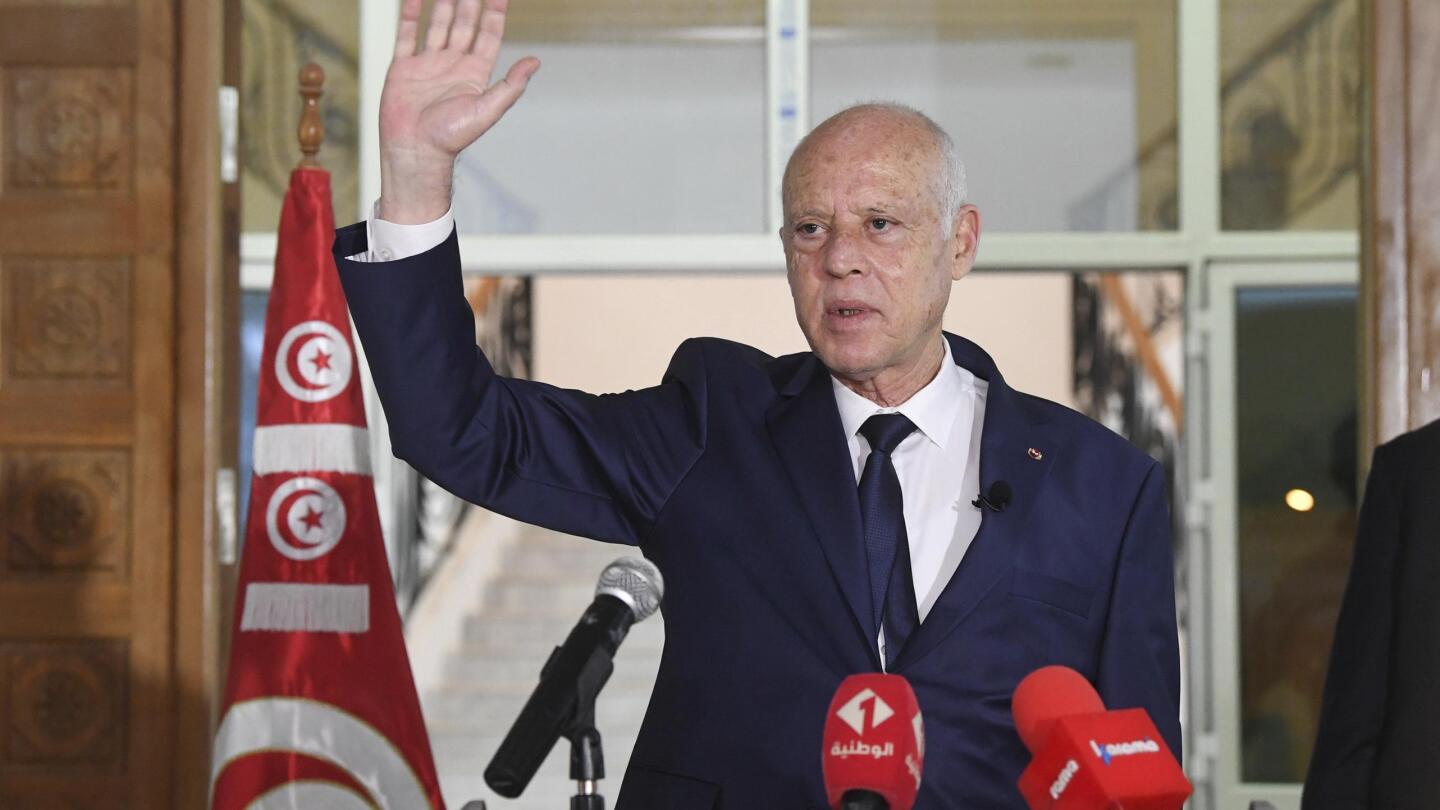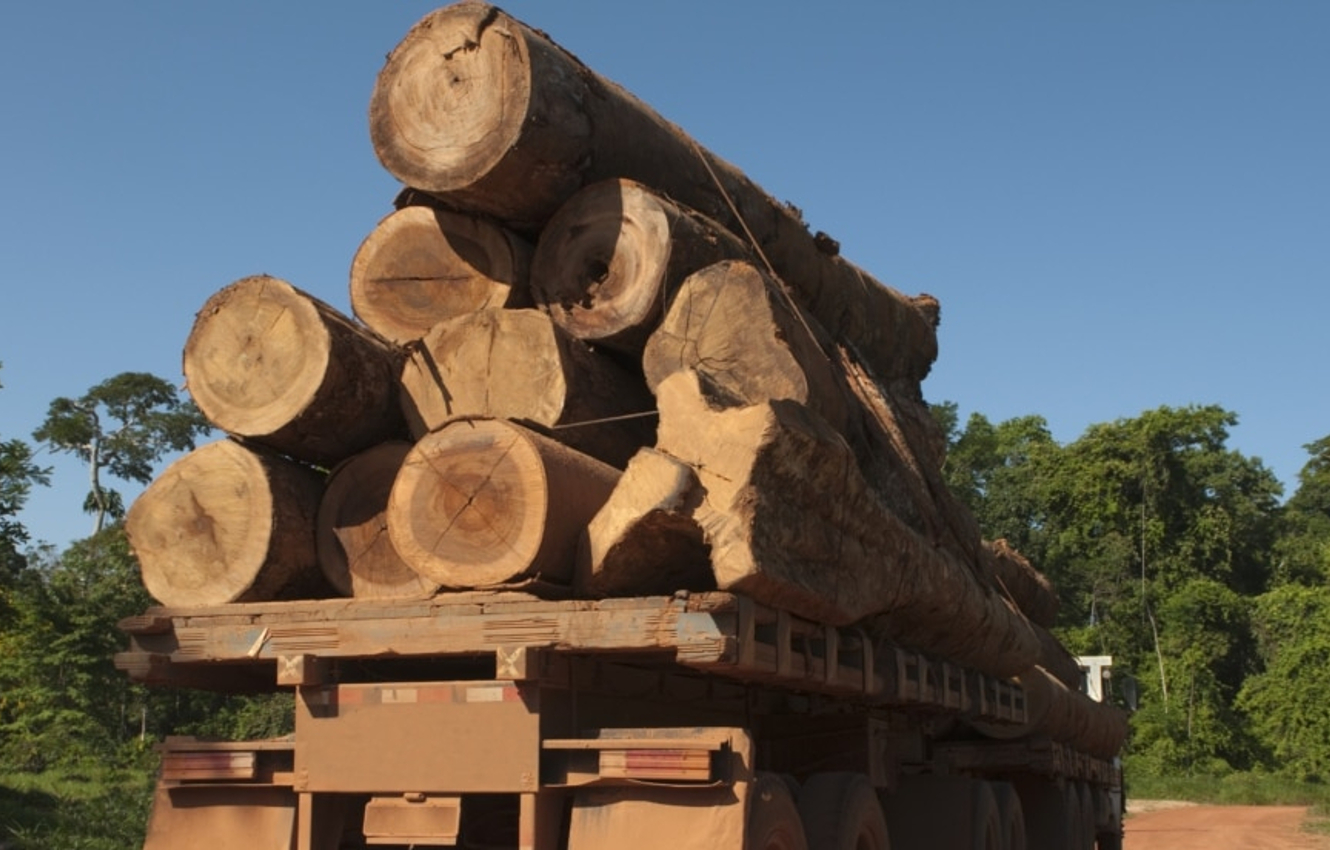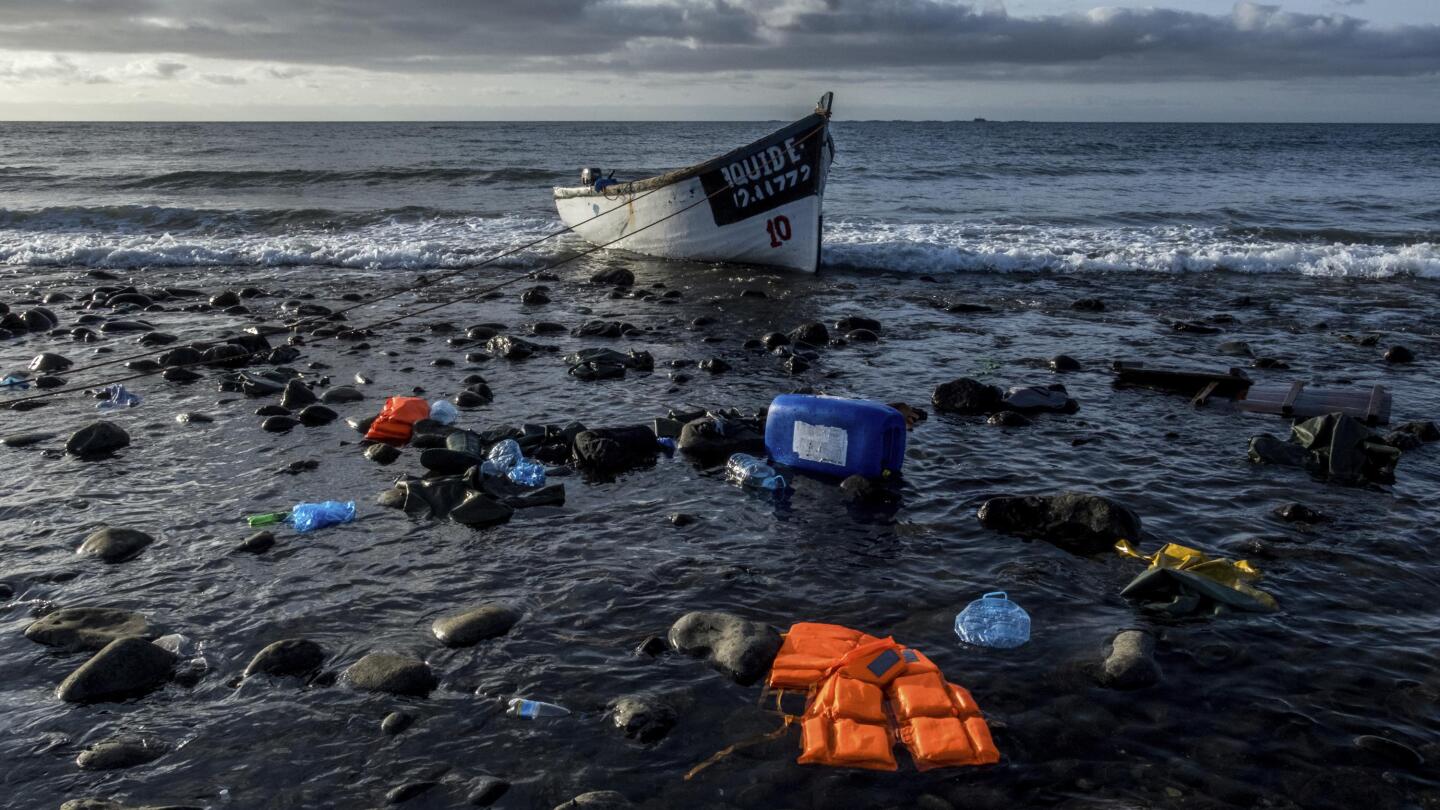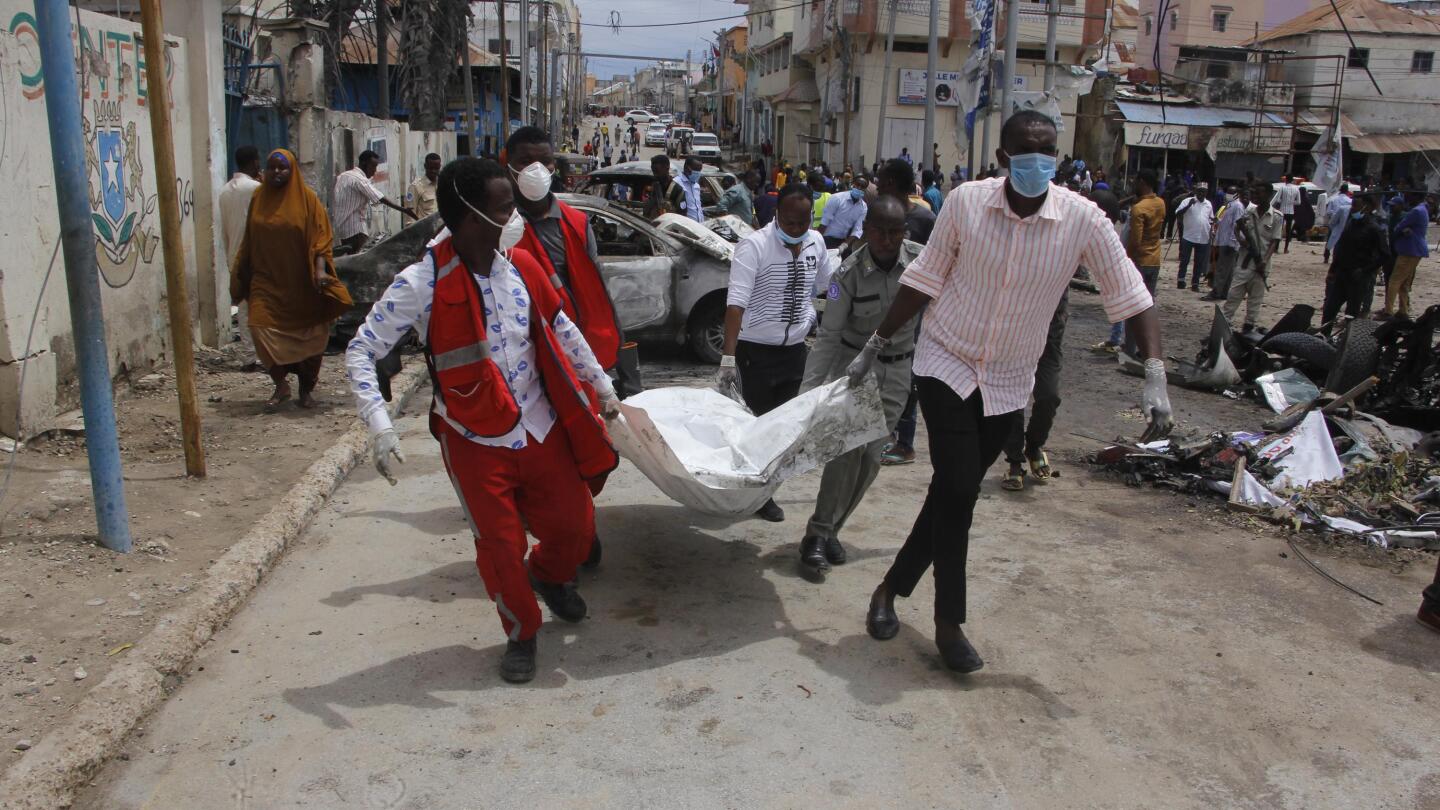Plain Jane
Just Plain Jane
August thread is here :
 www.timebomb2000.com
www.timebomb2000.com
Regional Conflict in Mediterranean beginning page 75:
 www.timebomb2000.com
www.timebomb2000.com
Main Coronavirus thread beginning page 1384:

 www.dw.com
www.dw.com
Global calls for mediation grow over Ethiopia's conflict
Africans around the world have signed an open letter enjoining the African Union to mediate in the war in Ethiopia. Analysts agree on the need for intervention to end the bloodshed and prevent a major refugee crisis.

Hoping to increase pressure on the warring parties to end the conflict in Ethiopia's Tigray region, dozens of African scholars and activists around the world took the unusual step of publishing an open letter calling for a negotiated peace.
"Ethiopia is on the precipice," the letter reads, after condemning "the fact that the conflict is affecting ever-increasing numbers of civilians," in a war increasingly characterized by human rights violations.
Mamadou Diouf, cosignatory of the letter and professor of African Studies at the Columbia University in the US, told DW that "the inability to prevent this conflict is a failure of Africa as a whole."
The pan-African call for peace left no doubt about the increasing consternation over a war now entering its ninth month with no solution in sight.
"The conflict in Tigray is deeply concerning to many African countries," Hassan Khannenje pointed out.
The director of the Kenya-based HORN International Institute for Strategic Studies went on to enumerate several reasons, including the fact that the headquarters of the African Union (AU) is in Addis Ababa, and that Ethiopia is the second-largest country in Africa in terms of population.

Analysts warn of a refugee crisis of unprecedented scale
'A refugee crisis like the world has never seen'
"But, critically, it is one of the anchor states in the Horn of Africa," meaning that any instability there is bound to have implications for the whole continent, the analyst told DW.
This is especially true for neighbors Somalia and Kenya, both of which share a long border with Ethiopia.
Crucially, Addis Ababa has already withdrawn troops that were helping to fight al-Shabaab terrorists in Somalia.
"For Kenya, there's a high risk of an influx of refugees to a level that would probably be unsustainable," said Khannenje, warning that a potential disintegration of Ethiopia will mean that "the world is going to see a refugee crisis like no other we have witnessed in recent history."
Increasingly isolated from his allies in the West, Ethiopian Prime Minister Abiy Ahmed is seeking support among African countries. On Sunday he met with Rwandan President Paul Kagame and their Ugandan counterpart Yoweri Museveni on a quick trip to Kigali and Entebbe.

Erhiopian Prime Minister Abiy Ahmed (left) meeting Ugandan President Yoweri Museveni (right)
Peace and mediation may not have been uppermost in Abiy's mind, analyst Khannenje believes: "He is leaning heavily also on the region and other traditional allies to try and shore up support politically, but also, critically, to try and have access to armaments."
Turkey's role
Abiy has also turned to Turkey for support. President Recep Erdogan views Ethiopia as the "keystone to expanding its economic footprint in the greater East Africa region as far south as Kenya and Uganda," researcher Michael Tanchum, of the Austrian Institute for European and Security Policy and a nonresident fellow at the Washington-based Middle East Institute, told DW.
Ankara is not only thinking about access to markets and resources. "By having a strong security relationship with both Somalia and Ethiopia, Turkey seeks to offset the strategic presence of Egypt and the UAE [United Arab Emirates] in the Horn of Africa," Tanchum said.
The vying of outside forces for strategic advantages in the region does not bode well, according to analyst Khannenje. While Turkey might seem a natural ally to Addis Ababa to turn to for financial assistance and military armament "it only complicates the political and security situation in the Horn of Africa."
Already the conflict is spilling over into Sudan, at loggerheads with Addis Ababa over the construction of a Nile dam.
Like many Africans, Mamadou Diouf believes that the Tigray conflict should be solved by Africans, and especially the AU: "We cannot burden the West with our own problem. We have an increase of these situation in Africa, because our institutions are not up to their task," he told DW.
TIGRAY: WAR AT THE EXPENSE OF WOMEN
Hundreds of thousands on the run
The civil war between the Tigray regional government and the central government of Ethiopia under Prime Minister Abiy Ahmed continues to escalate. Hundreds of thousands are now on the run, living in hunger and threatened by war crimes. After the self-proclaimed Tigray Defense Forces (TDF) recaptured Tigray's regional capital Mekele, many are fleeing from the contested areas to Mekele.
123456
Warring factions unwilling to end conflict
Last week the AU appointed former Nigerian President Olusegun Obasanjo as a mediator. His chances of achieving peace do not look promising. The Tigray Liberation Front (TPLF) accused the AU of bias towards Abiy.
The prime minister has repeatedly rejected appeals from high-level envoys from the AU for talks with Tigrayan leaders. He insists that the conflict is a "law and order" operation, and thus a domestic issue.
"Both fighting groups believe they may have a military solution to the conflict," Khannenje said.
"There's a stalemate, and this is not very helpful. If both parties aren't assisted in recognizing that there's no military solution to what is, essentially, a political problem, it's going to be a challenge."
African countries, supported by Russia and China, have so far kept the issue from being taken up by the UN Security Council.
But if a major catastrophe is to be prevented, the world must increase pressure on the warring factions, Khannenje said. If needs be, the international community should resort to coercive measures like sanctions: "In the absence of that added pressure, it's going to be difficult and the conflict will prolong probably for many months or even years to come," he said.
Georges Ibrahim Tounkara contributed to this article
INTL - Africa: Politics, Economics, Military- August 2021
June 's thread is here: https://www.timebomb2000.com/xf/index.php?threads/africa-politics-economics-military-july-2021.603375/ Mediterranean Crisis is here from 75 page on: https://www.timebomb2000.com/xf/index.php?threads/regional-conflict-brewing-in-the-mediterranean.565195/page-75 Main...
Regional Conflict in Mediterranean beginning page 75:
WAR - Regional conflict brewing in the Mediterranean
Erdogan at it again View: https://mobile.twitter.com/EndGameWW3/status/1415934329482629121
Main Coronavirus thread beginning page 1384:

Ethiopia conflict: Calls for mediation grow – DW – 08/31/2021
Africans around the world have signed an open letter enjoining the African Union to mediate in the war in Ethiopia. Analysts agree on the need for intervention to end the bloodshed and prevent a major refugee crisis.
Global calls for mediation grow over Ethiopia's conflict
Africans around the world have signed an open letter enjoining the African Union to mediate in the war in Ethiopia. Analysts agree on the need for intervention to end the bloodshed and prevent a major refugee crisis.

Hoping to increase pressure on the warring parties to end the conflict in Ethiopia's Tigray region, dozens of African scholars and activists around the world took the unusual step of publishing an open letter calling for a negotiated peace.
"Ethiopia is on the precipice," the letter reads, after condemning "the fact that the conflict is affecting ever-increasing numbers of civilians," in a war increasingly characterized by human rights violations.
Mamadou Diouf, cosignatory of the letter and professor of African Studies at the Columbia University in the US, told DW that "the inability to prevent this conflict is a failure of Africa as a whole."
The pan-African call for peace left no doubt about the increasing consternation over a war now entering its ninth month with no solution in sight.
"The conflict in Tigray is deeply concerning to many African countries," Hassan Khannenje pointed out.
The director of the Kenya-based HORN International Institute for Strategic Studies went on to enumerate several reasons, including the fact that the headquarters of the African Union (AU) is in Addis Ababa, and that Ethiopia is the second-largest country in Africa in terms of population.

Analysts warn of a refugee crisis of unprecedented scale
'A refugee crisis like the world has never seen'
"But, critically, it is one of the anchor states in the Horn of Africa," meaning that any instability there is bound to have implications for the whole continent, the analyst told DW.
This is especially true for neighbors Somalia and Kenya, both of which share a long border with Ethiopia.
Crucially, Addis Ababa has already withdrawn troops that were helping to fight al-Shabaab terrorists in Somalia.
"For Kenya, there's a high risk of an influx of refugees to a level that would probably be unsustainable," said Khannenje, warning that a potential disintegration of Ethiopia will mean that "the world is going to see a refugee crisis like no other we have witnessed in recent history."
Increasingly isolated from his allies in the West, Ethiopian Prime Minister Abiy Ahmed is seeking support among African countries. On Sunday he met with Rwandan President Paul Kagame and their Ugandan counterpart Yoweri Museveni on a quick trip to Kigali and Entebbe.

Erhiopian Prime Minister Abiy Ahmed (left) meeting Ugandan President Yoweri Museveni (right)
Peace and mediation may not have been uppermost in Abiy's mind, analyst Khannenje believes: "He is leaning heavily also on the region and other traditional allies to try and shore up support politically, but also, critically, to try and have access to armaments."
Turkey's role
Abiy has also turned to Turkey for support. President Recep Erdogan views Ethiopia as the "keystone to expanding its economic footprint in the greater East Africa region as far south as Kenya and Uganda," researcher Michael Tanchum, of the Austrian Institute for European and Security Policy and a nonresident fellow at the Washington-based Middle East Institute, told DW.
Ankara is not only thinking about access to markets and resources. "By having a strong security relationship with both Somalia and Ethiopia, Turkey seeks to offset the strategic presence of Egypt and the UAE [United Arab Emirates] in the Horn of Africa," Tanchum said.
The vying of outside forces for strategic advantages in the region does not bode well, according to analyst Khannenje. While Turkey might seem a natural ally to Addis Ababa to turn to for financial assistance and military armament "it only complicates the political and security situation in the Horn of Africa."
Already the conflict is spilling over into Sudan, at loggerheads with Addis Ababa over the construction of a Nile dam.
Like many Africans, Mamadou Diouf believes that the Tigray conflict should be solved by Africans, and especially the AU: "We cannot burden the West with our own problem. We have an increase of these situation in Africa, because our institutions are not up to their task," he told DW.
TIGRAY: WAR AT THE EXPENSE OF WOMEN
Hundreds of thousands on the run
The civil war between the Tigray regional government and the central government of Ethiopia under Prime Minister Abiy Ahmed continues to escalate. Hundreds of thousands are now on the run, living in hunger and threatened by war crimes. After the self-proclaimed Tigray Defense Forces (TDF) recaptured Tigray's regional capital Mekele, many are fleeing from the contested areas to Mekele.
123456
Warring factions unwilling to end conflict
Last week the AU appointed former Nigerian President Olusegun Obasanjo as a mediator. His chances of achieving peace do not look promising. The Tigray Liberation Front (TPLF) accused the AU of bias towards Abiy.
The prime minister has repeatedly rejected appeals from high-level envoys from the AU for talks with Tigrayan leaders. He insists that the conflict is a "law and order" operation, and thus a domestic issue.
"Both fighting groups believe they may have a military solution to the conflict," Khannenje said.
"There's a stalemate, and this is not very helpful. If both parties aren't assisted in recognizing that there's no military solution to what is, essentially, a political problem, it's going to be a challenge."
African countries, supported by Russia and China, have so far kept the issue from being taken up by the UN Security Council.
But if a major catastrophe is to be prevented, the world must increase pressure on the warring factions, Khannenje said. If needs be, the international community should resort to coercive measures like sanctions: "In the absence of that added pressure, it's going to be difficult and the conflict will prolong probably for many months or even years to come," he said.
Georges Ibrahim Tounkara contributed to this article























/cloudfront-us-east-2.images.arcpublishing.com/reuters/3YZTY2HVMJNCHGBSRWSVQ65TRI.jpg)
/cloudfront-us-east-2.images.arcpublishing.com/reuters/GVMW2VV4ZRP7JNP4M327VMTEVI.jpg)



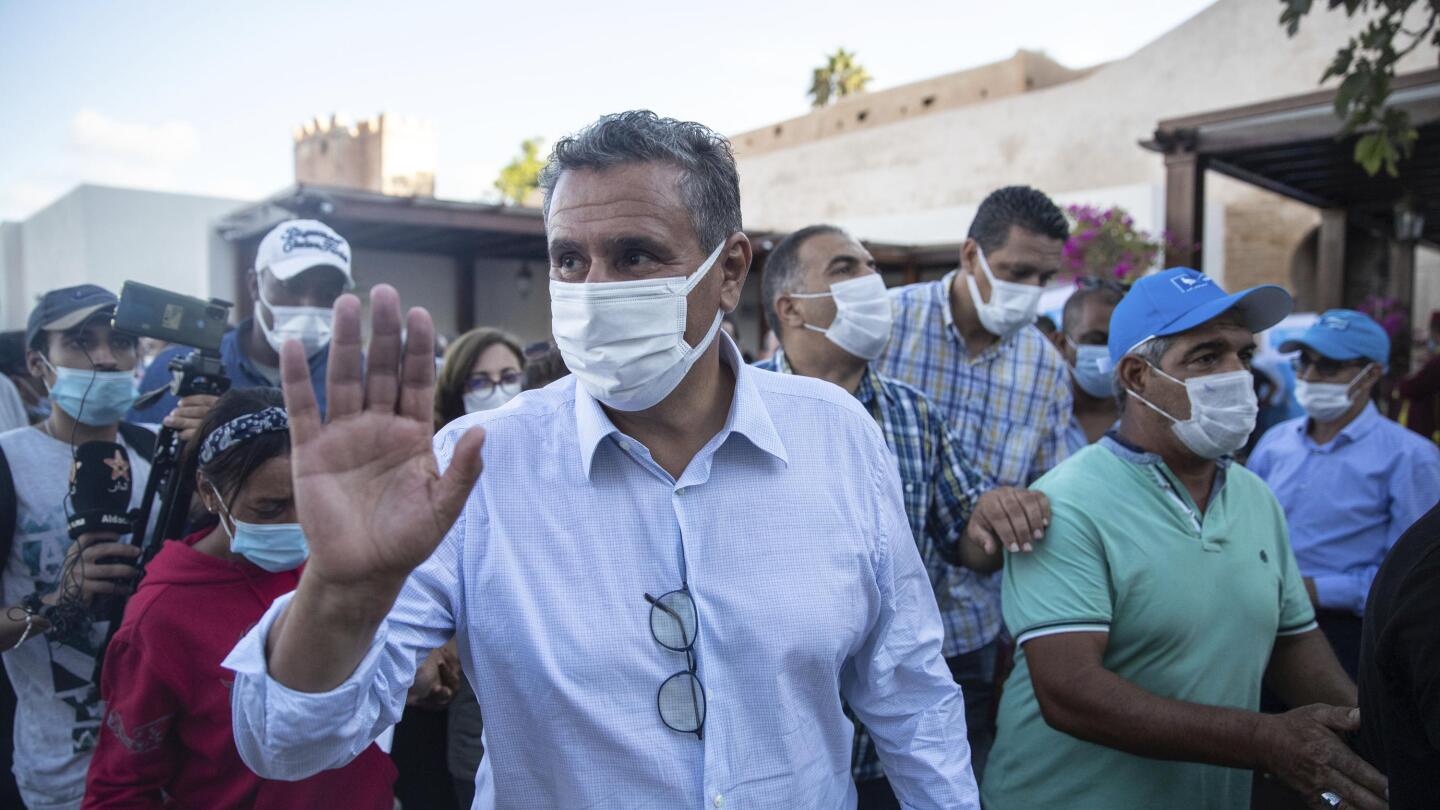

























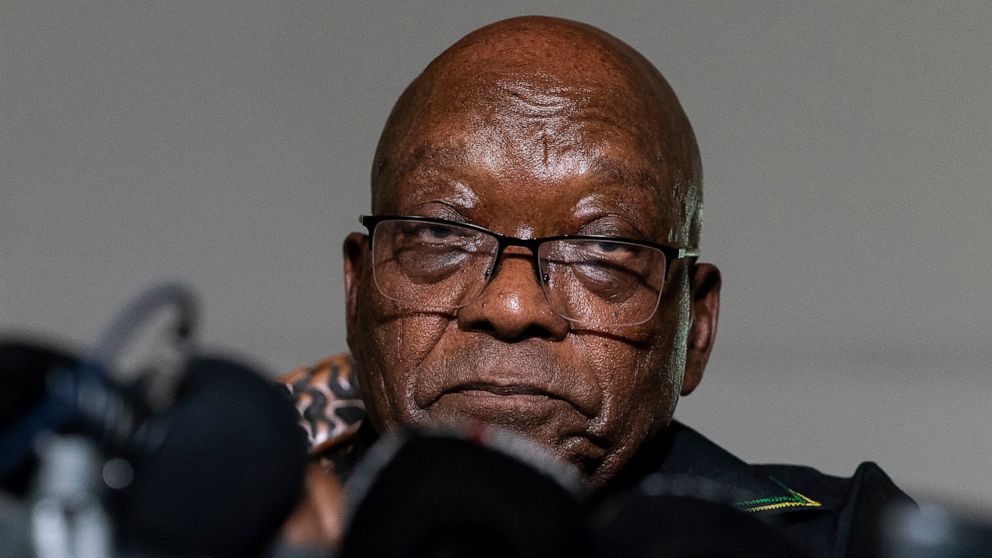
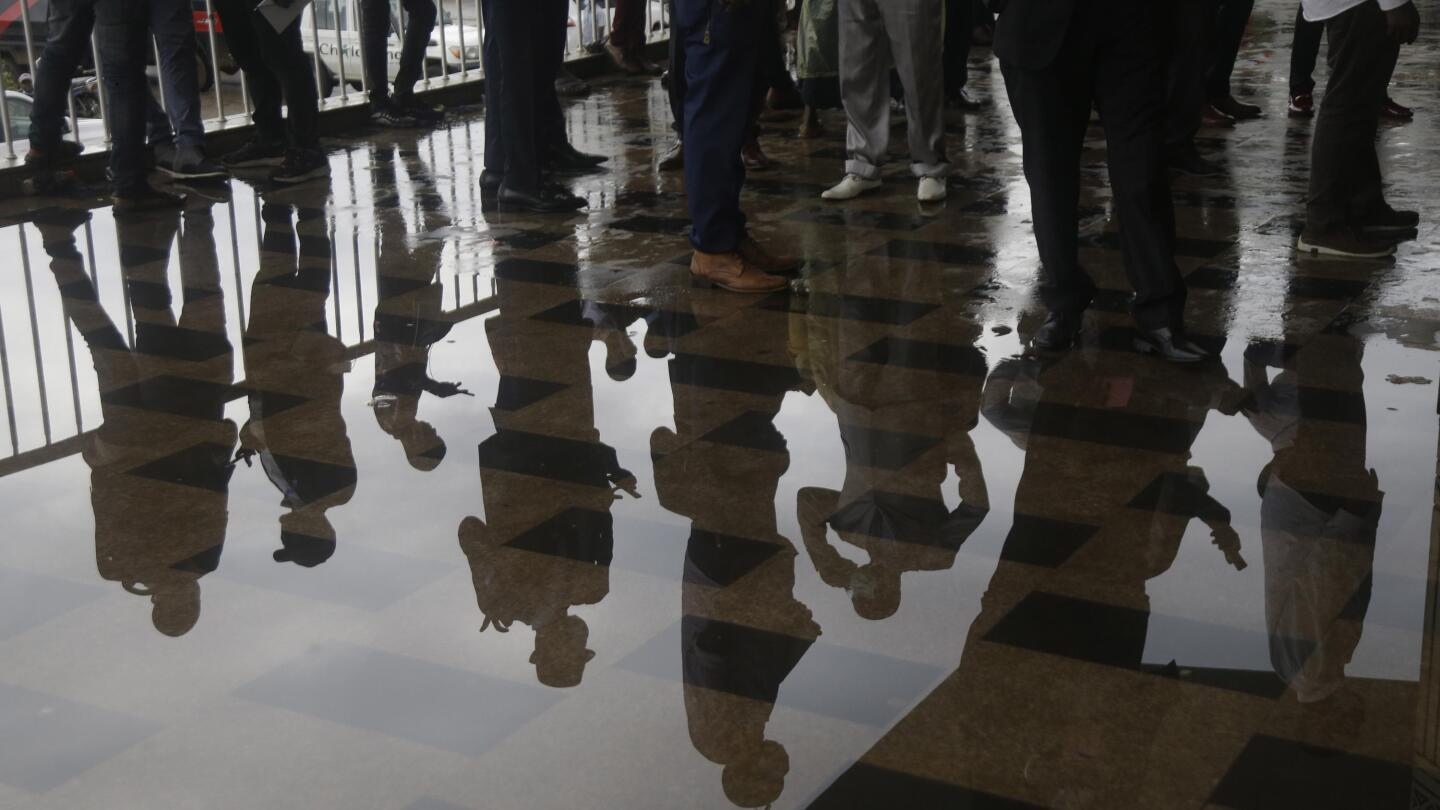



 avid RICH
avid RICH







